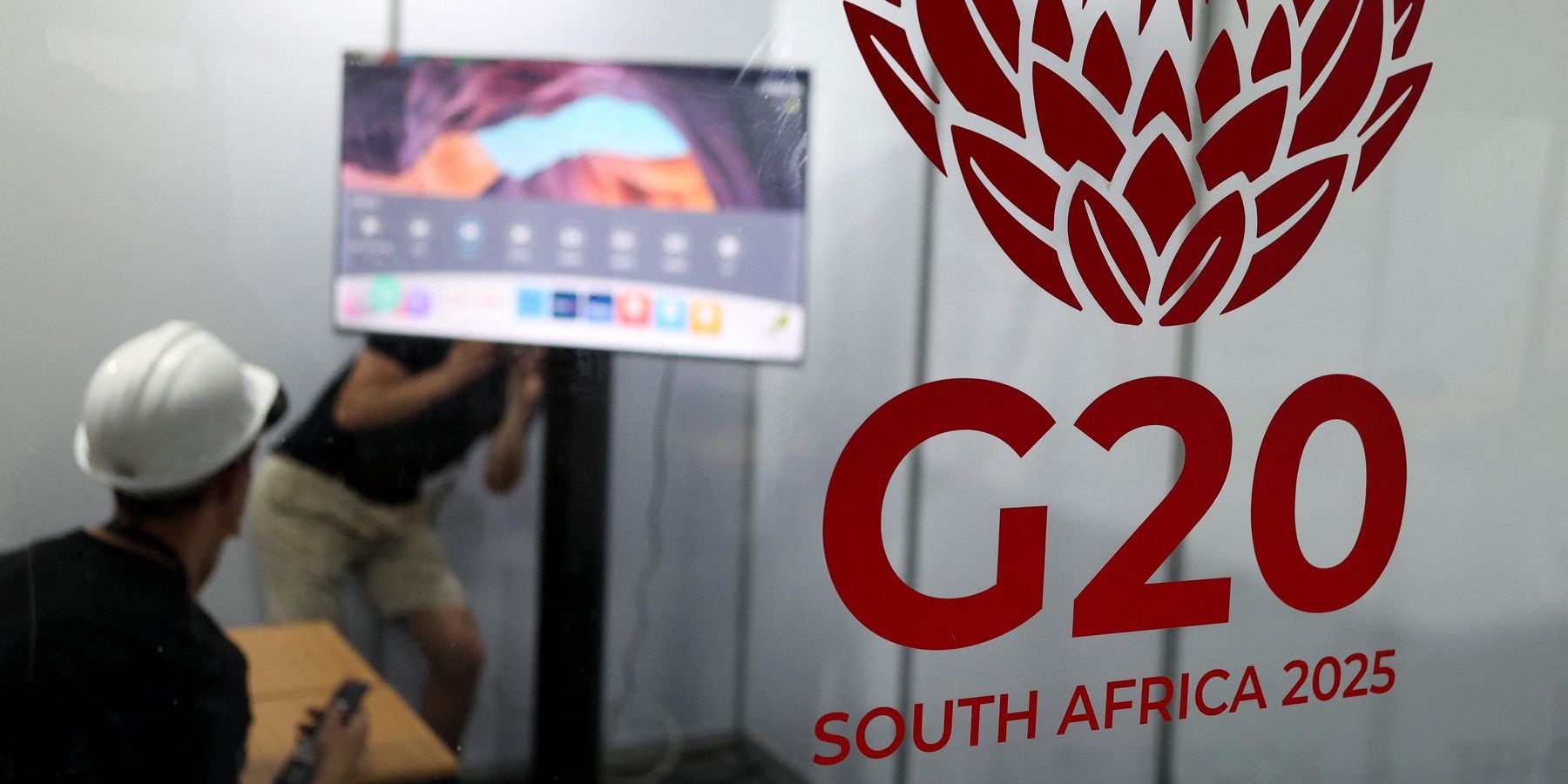On November 22, South Africa will welcome heads of state and their advisors from the Group of 20 (G20) countries to Johannesburg for the organization’s annual leaders’ summit. This two-day event will mark the culmination of a year-long period during which South Africa has served as chair of the G20 — a first for any African state.
How the U.S. boycott of the summit will affect South Africa’s last hurrah as it passes the baton to the next chair — the United States — is yet to be seen.
In early November, the White House canceled Vice President JD Vance’s participation, ensuring there would be no U.S. presence at the summit. This capped several months of acrimony between the two governments, which began when Trump cut off aid to South Africa, saying a new land expropriation law violated the human rights of white farmers there. He also cited South Africa’s leading role in the Israel genocide investigation and associated war crimes charges at the International Court of Justice.
Then in March, Trump expelled the South African ambassador to the U.S., Ebrahim Rasool, after he accused Trump of "mobilising a supremacism" and trying to "project white victimhood as a dog whistle." Trump has continued to accuse the South African government of white genocide, of which there is no evidence.
On November 7, Trump sent out a message on his social media platform Truth Social, referring to his claims about the white farmers, saying “No U.S. Government Official will attend (the G20 leaders’ summit) as long as these Human Rights abuses continue. I look forward to hosting the 2026 G20 in Miami, Florida!”
Meanwhile, leaders from Russia and China will be in attendance and will likely benefit from the Americans’ absence. They are both in constant competition with the U.S. for global influence. Although this competition is often overblown by analysts, the economic and security friction very much exists, and Washington sitting out the summit allows Beijing and Moscow to deepen their ties with states across the Global South.
Meanwhile, despite the public discord with the Trump administration, this has actually been a largely successful year for South Africa as the G20 head. Centered on the themes of solidarity, equality, and sustainability, South Africa has used its time leading the summit to magnify issues that have particular resonance across the Global South, and especially Africa.
First, South Africa initiated a major cost review of potential barriers to affordable financing for low- and middle-income economies across the world. This review will be conducted by a commission to better understand how debt sustainability challenges hurt developing countries’ ability to acquire capital.
This is relevant for the United States, a country with the capacity to shape global conditions for such financing. In particular, it is the largest shareholder of the International Monetary Fund (IMF), which gives it leverage in the IMF’s discussions around development lending. By boycotting the G20 summit — where these conversations over development finance take center stage — the U.S. government risks misidentifying the concerns of Global South states on an issue of intense importance to them. To be a partner to these states, the U.S. must acquire a nuanced understanding of their concerns, and create policy that sufficiently addresses them.
Second, South Africa has appropriately tried to connect the concept of economic growth for developing states with the question of how to tap into mass quantities of their own natural resources.
South African President Cyril Ramaphosa doubled down on the importance of critical minerals in advancing economic prosperity at the World Economic Forum in Davos, Switzerland in February, saying, one “of South Africa’s priorities for its G20 presidency is to harness critical minerals for inclusive growth and development.”
In line with this, South Africa is developing a critical minerals framework that will lay out ways to promote local beneficiaries and partnerships built on the equitable production and distribution of minerals.
This speaks to the importance if Africa of having one of its own lead the G20, where it can coordinate with the African Union (AU) — which joined the group in 2023 and earlier this year adopted the Africa Green Minerals Strategy, which focuses on equitably industrializing the mineral sector across the continent.
And it is another area where America’s absence from the summit could hurt it. President Trump has signaled his desire for American companies to access the vast quantities of critical minerals found across the Global South, particularly in Africa. The administration is partially funding a transportation corridor across Angola, the Democratic Republic of Congo, and Zambia to help these minerals reach the Atlantic Ocean and on to destinations around the world. The administration is also working on mineral deals that will provide American companies with preferential access to mining sites in the DRC and Rwanda.
Yet, without fully appreciating the perspectives and needs of the Global South states the U.S. risks underestimating the local concerns around extractive minerals policies. This could hurt the goodwill local populations have towards American industry, hindering the ability of American companies to form close working relations with Global South actors who might instead turn to Chinese — or other — alternatives.
President Trump’s decision to boycott the event signals that Washington just doesn’t care. Maybe not the best way to start its new chairmanship of the G20, which begins Dec. 1.
















